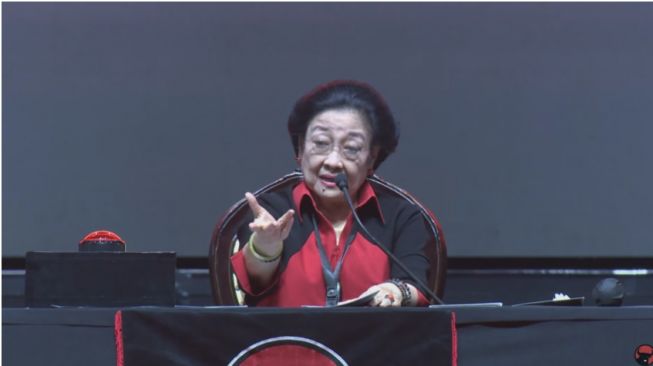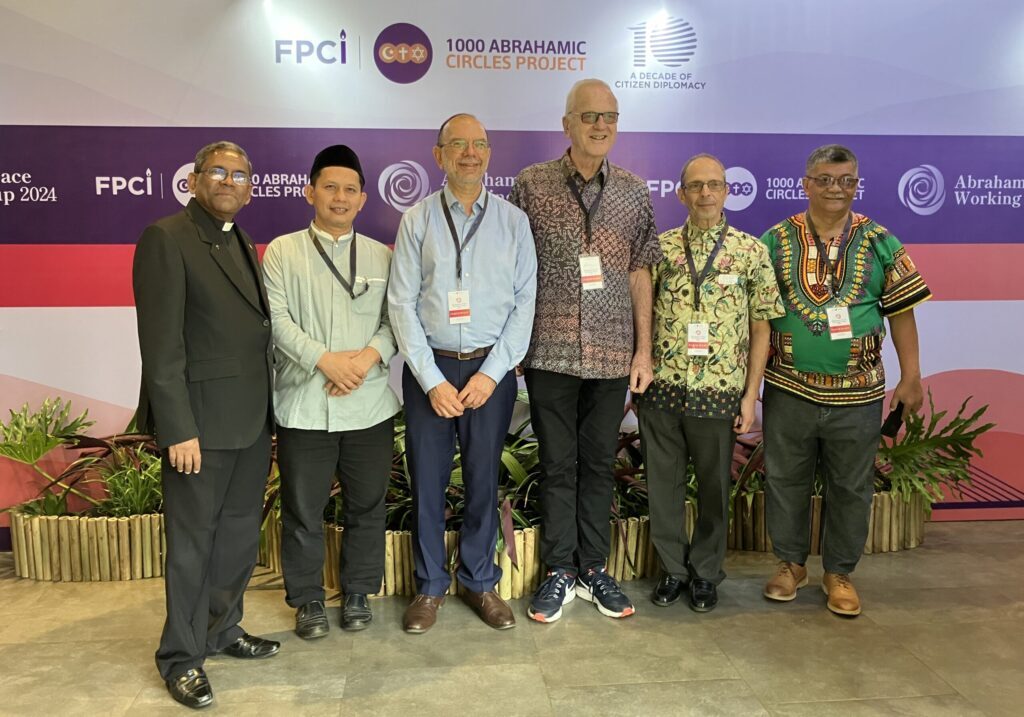Australia/Israel Review
Asia Watch: Waiting games
Jan 29, 2023 | Michael Shannon

Indonesian presidential elections occur at five-year intervals, leaving ample time for intrigue as the aspirants jockey for allies and endorsements. With the 2024 national poll still more than a year away, political manoeuvring is part of the daily fare.
Although incumbent President Joko Widodo (AKA Jokowi) is constitutionally barred from seeking a third term – and he is not even the leader of his party – the political capital accrued over the past nine years has made his endorsement a talking point.
Until now, Jokowi has clearly favoured the polling front-runner, Central Java Governor Ganjar Pranowo, telling a stadium rally in November to vote in 2024 for a “white-haired” leader – a clear reference to his friend and fellow Indonesian Democratic Party of Struggle (PDI-P) politician.
Yet, Jokowi appears to enjoy feeding speculation. Last November, he also appeared to endorse his former opponent, Defence Minister Prabowo Subianto, in an off-the-cuff comment. “I won the election twice. My apologies, Pak [Mr.] Prabowo. But it seems that after this, it will be Pak Prabowo’s turn,” he said. Then as recently as January 11, Jokowi told a gathering of Star and Crescent Party (PBB) politicians that he may support party Chairman and former minister Yusril Ihza Mahendra, with the caveat that PBB would have to win 20% of the vote (an unlikely prospect) in parliamentary elections, the legal requirement for a party or group of parties to nominate a presidential candidate.
The 20% threshold means that all but the largest parties have to cobble together a sizeable coalition to mount a serious candidacy, so all eyes are upon the largest of them all – the PDI-P – and its still powerful chairwoman, Megawati Sukarnoputri.
The former president kept the question in the balance and was none-too-subtle in reminding all of her ‘kingmaker’ power during the PDI-P’s 50th birthday celebrations held in January. “People are waiting for [the PDI-P candidate] but there is none now, it’s my business,” Megawati told the gathering in Jakarta. With President Widodo in attendance, she added that without the nomination from PDI-P, Jokowi wouldn’t have been elected president and that he should stick to his presidential duties. She didn’t even acknowledge Ganjar, a longtime PDI-P member, who was also present.
Observers believe Megawati is hesitating to nominate the popular and capable Ganjar because she fears losing family clout within the party, which has its roots in the party of her father, the nation’s founding President Sukarno. Efforts over several months to boost the prospects of her daughter, the 49-year-old parliamentary Speaker Puan Maharani, have yielded little in public polling.
Moderates and the business community have pushed hard for Ganjar, consistently regarded as the most electable politician, fearing that further hesitation will open the door to Anies Baswedan. The former Jakarta governor is the already-declared candidate of the Sharia-based Justice and Prosperity Party (PKS), the sole opposition party in the national parliament, along with ex-president Susilo Bambang Yudhoyono’s centrist Democrat Party (DP) and media magnate Surya Paloh’s National Democrat Party (Nasdem).
A former academic and minister from a prominent, moderate Arab-Indonesian family, Anies was elected Jakarta governor in 2017 by positioning himself to benefit from a successful campaign by Islamists to falsely smear the previous governor, ethnic Chinese Christian Basuki Tjahaja “Ahok” Purnama (a Jokowi ally), as having blasphemed against the Koran. Despite the flimsy evidence, Basuki was sentenced to two years in prison.
Since that time, Anies’ efforts to reposition himself as a moderate Muslim leader committed to secular-nationalist principles have not erased the doubts and suspicion held among Indonesia’s political and business elites.
And yet, Anies has received backing from mainstream Muslim leaders. Din Syamsuddin, former Chairman of the moderate Muslim organisation Muhammadiyah, has lauded the Governor for his “high integrity, capability and religious devoutness,” while Said Aqil Siradj, former Chairman of Nahdlatul Ulama, the country’s largest Muslim organisation, has praised Anies as “an intellectual with a good vision and mission and (is) also a devout Muslim.”
Rounding out the current field is the ever-present Prabowo, a former Suharto-era strongman and two-time presidential candidate. Currently serving as Defence Minister at the invitation of his nemesis Jokowi, the 71-year-old Chairman of the Great Indonesia Movement Party (Gerindra) has the form of an authoritarian populist. His prior campaigns revolved around the idea that he alone could fix problems, and presented him as an almost God-like figure – he rode into one rally on a horse. He has been linked to groups involved in attacking religious minorities, and has spread false rumours of Jokowi being a Chinese Christian and alleged election fraud that sparked deadly riots.
After leading in most polls up until the middle of 2022, Prabowo has fallen away to a distant third – his style of politics is said to resonate less with voters under 40, who make up 54% of the electorate.
Tags: Indonesia






